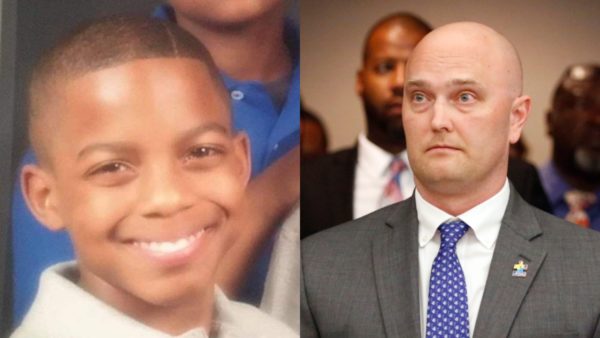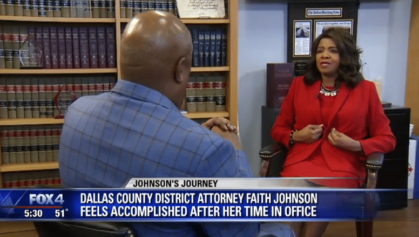The 5th Court of Appeals in Dallas, Texas, upheld the murder conviction and sentencing of Roy Oliver, the former Balch Springs police officer who shot and killed 15-year-old Jordan Edwards over three years ago.
On April 29, 2017, in the Dallas suburb of Balch Springs, Oliver was responding to a noise complaint linked to a house party Edwards attended when he fired his rifle into a car the teen was riding in with his two brothers and two friends as they were leaving the party. Edwards, who was riding in the passenger seat, was struck in the head.
Oliver had been talking to the party host less than a minute before the shooting when the sound of gunfire coming from the direction of a nearby nursing home, which sent partygoers fleeing and helped set in motion the fatal series of events. No guns or alcohol were found at the party or in the teens’ car.

The former officer claimed at trial he feared his partner, officer Tyler Gross, would be hit by the car, but body camera footage showed the vehicle going in a different direction, per WFAA. Additionally, Gross testified he did not feel endangered.
Oliver was charged with murder and two counts of aggravated assault but was eventually acquitted of the latter charges. In August 2018, he was sentenced to 15 years in prison and a $10,000 fine.
The appellate filing argues some of the statements Oliver gave to investigators, which may have been self-incriminating, should not have been admissible in court.
His legal team based the argument on Garrity v. New Jersey, a 1967 ruling that protects cops and other public employees from incriminating themselves if their statement could result in termination, as reported by WFAA. This resulted in the “Garrity Warning,” which requires public employees to be Mirandized like other suspects.
The court of appeals disagreed with Oliver’s assessment, as the Dallas Morning News reported. While Oliver’s appeal was pending, four aggravated assault charges against him were dropped, but they could be refiled in the future. Two of those counts were related to Edwards’ death, and the other two stem from him pointing a gun at a woman after a minor car accident.
Oliver must serve seven and a half years before he is eligible for parole.


